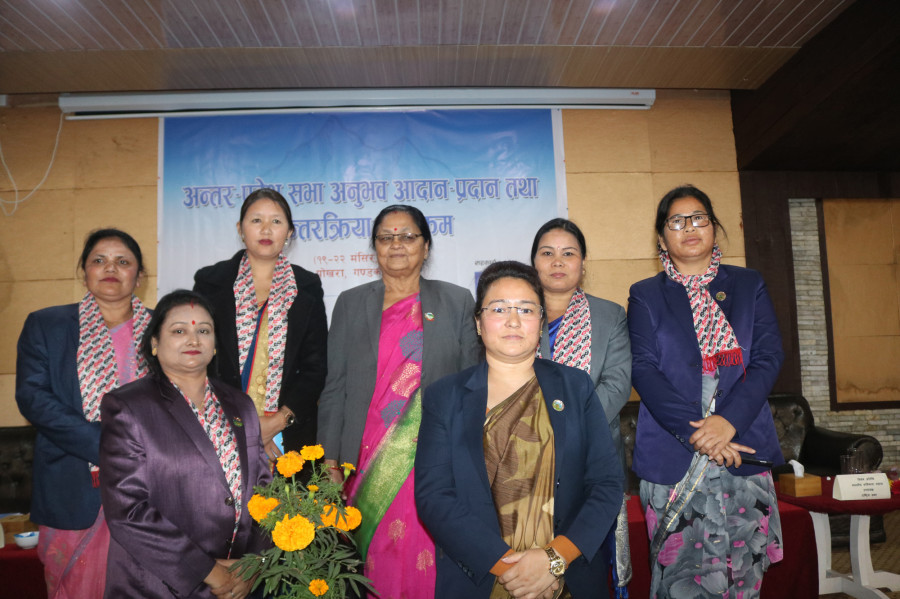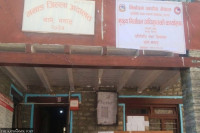Gandaki Province
Female deputy speakers of various provinces complain of being given rights, but no responsibility
The task of the deputy speaker is to run the house in the speaker’s absence but the position doesn’t allow one to take decisions independently.
Pratiksha Kafle
Krishni Tharu is a parliament deputy speaker of Province-5. And a former kamalari slave. After she was freed, she launched a campaign against the kamalari system, which essentially catapulted her to the position of a lawmaker.
The constitution states that people of two different genders should be nominated the speaker and deputy speaker of the house of parliament, and then a deputy speaker.
“The constitution guaranteed us the rights, but deprived us of responsibility,” she said. “All the responsibility of the house is centred on the speaker. The deputy is little more than a namesake.”
Tharu said that while the state has granted women the positions of power, it is not enough. “We should also be given tasks that help us hone our skills and knowledge,” she said, adding that there should be concerted efforts to develop leadership skill sets in women politicians. “The reservations are compulsive, but only that cannot ensure rights to women.”
Currently, the task of the deputy speaker is to run the house in the speaker’s absence but the position doesn’t allow one to take decisions independently. Tharu believes that the deputy should also be given some responsibility.
Deputy speakers of all the seven provinces were present at a conference in Pokhara, all of whom echoed that the role of deputy speakers should be more than nominal.
Pushpa Gharti Bista, deputy speaker of Karnali Province, said that Nepali society still discriminates between genders. “Even though there is reservation for women, the role of the speakers is still captured by men,” she said.




 8.22°C Kathmandu
8.22°C Kathmandu.jpg)











